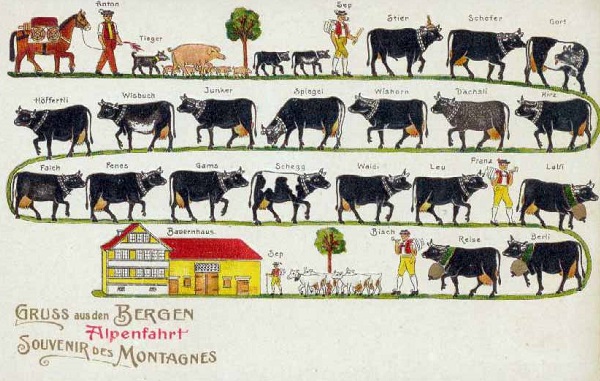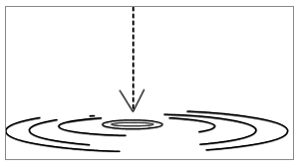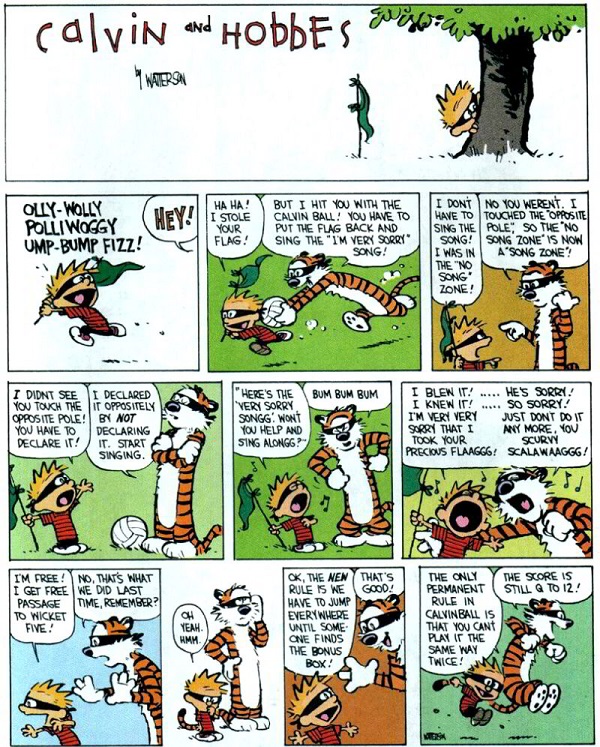Max Boot on a subtly strategic game..
Thursday, July 12th, 2018[ by Charles Cameron — by thinking of soccer as strategy I see how to make it relevant here ]
.
That time when Germany and Argentina faced off in the final of the World Cup 2014 —
— Germany’s Mario Götze scored the match-winning goal in the 113th minute. That’s drama for you. That was last time..
**
France will face off against Croatia Sunday for the World Cup, soccer’s peak and pinnacle — but that’s not to say all the excitement this year is yet to come. Strategist — well, military historian — Max Boot has been unexpectedly riveted by the lead-in to the Cup Final, and explains why:
I have thrilled to every dramatic turn:
The 70th-ranked Russian side getting to the quarterfinals by beating Spain on penalty kicks, only, in a bit of poetic justice, to lose on penalty kicks to tiny Croatia. South Korea, another underdog, defeating top-seeded Germany, thereby allowing Mexico to advance. (Delirious Mexicans showed their gratitude by buying drinks for every Korean they could find.) Lowly Japan leading mighty Belgium by 2-0, only to have the brilliant Belgians storm back and win on a last-second goal. (The well-mannered Japanese players were heartbroken but still meticulously cleaned out their locker room and left a classy “thank-you” note.) Powerhouse Brazil, the favorite after Germany’s defeat and the winningest team in World Cup history, losing its quarterfinal match in part because of an improbable own goal. England, a perennial disappointment that won its only World Cup in 1966, exceeding expectations by advancing to the semifinals — only to lose to Croatia (population 4.1 million ), which became the second-smallest nation to reach the final.
This, of course, only hints at the drama that has enthralled much of the world’s population
**
Boot backends his power paragraph, as you see, with the word “drama” — and goes on to speak of poetic justice, an undergog, delirium, gratitude, lowly Japan, mighty and then brilliant Belgians, a last-second goal, powerhouse Brazil the winningest team, an improbable own goal, a perennial disappointment — that would be England — and Croatia, the second-smallest nation..
Drama, which is emotion.
Underdog is the key word here, indicating that which we instinctively support as decent humans. And decent humanity is the inner nature of the game here, as subtle strategy is its outer formalism.
With all your elbow pads and helmets, America, you failed to make the true “World” Series, the World Cup — oh yes, Boot is suitably humble about that:
I assumed that, as the greatest country in the world, we must have the greatest sports. It never occurred to me there was anything commands my attention, sympathy and praise. about using the term “World Series” for a contest in which only U.S. competitors (plus one token Canadian team) take part, while disdaining the true World Cup.
Me? I’ve probably never written about sports since I was forced into produce an essay on “goalposts” in my painful youth. But Boot’s conversion touches me. Amen, or its secular soccer equivalent!
**
I mean, there’s something in the tone here, an emphasis on emotion, with ecstasy even at least hinted at..
And then you see the New York Times today commenting on body language in Brussels, again an emphasis on irrepressible emotion. Right at the heart of the NATO fault line..
President Trump kicked off his trip to Europe with a biting critique of the United States’ longtime allies, declaring at a breakfast meeting that Germany “is captive to Russia.” Next to him, three of his senior officials seemed uncomfortable at times, pursing their lips and glancing away from the table.
I mean, at breakfast.. pursing their tell-tale lips.
We really need to focus our attention on the factor sometimes called “morale”. Call it esprit, spirit: it’s the better half of the battle, or of any contest.
And then, here we go with the “underdog” again, in today’s WaPo:
The Bedouin village of Khan al-Ahmar, inhabited by 173 people, may seem unassuming, with homes made of wood and tarpaulin and surrounded by animal pens. But its strategic location puts it at the heart of the decades-long conflict between Israelis and Palestinians.
What taste does that paragraph leave in the mind, the heart, decision-making?
**
And Boot didn’t even mention the small artificial earthquake detected in Mexico City “possibly due to mass jumping” when Mexico scored against Germany..











